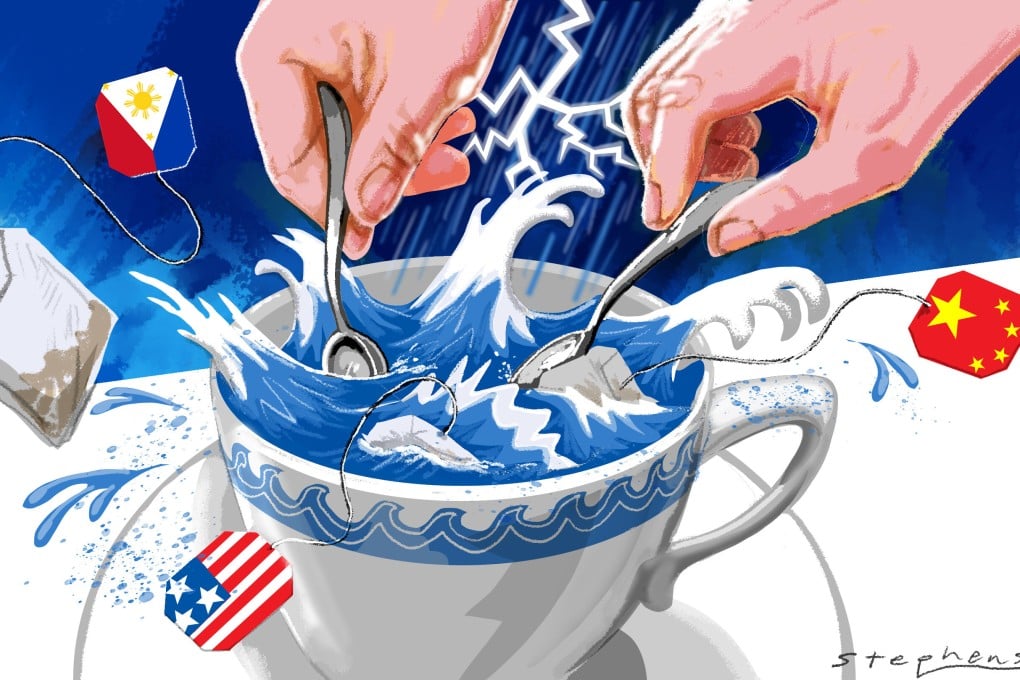Opinion | South China Sea tensions need to be cooled down, not hyped up
- The situation calls for calm heads to prevail among all countries, and especially from decision-makers and supposedly objective analysts
- Hyperbole, such as seen in reaction to the massing of Chinese boats at Whitsun Reef, only plays into the hands of those who want conflict

Indeed, the US and China seem locked in a duel driven by mutual distrust; each claiming to be responding to the other and neither wanting to de-escalate first. This situation calls for calm and cool heads from all countries, and especially from supposedly objective analysts.
But, instead, what we read is hyperbole and hype. This egging on plays into the hands of some militarists who seem to want confrontation and conflict.
This is no longer about who is at fault, or more at fault. There are no angels in the South China Sea. All claimants have taken actions that go against the self-restraint agreed in the 2002 Asean-China non-binding Declaration on the Conduct of the Parties in the South China Sea.
China may be seen as the worst offender but the widespread lack of trust is a result of violations of principle and not the degree thereof.

